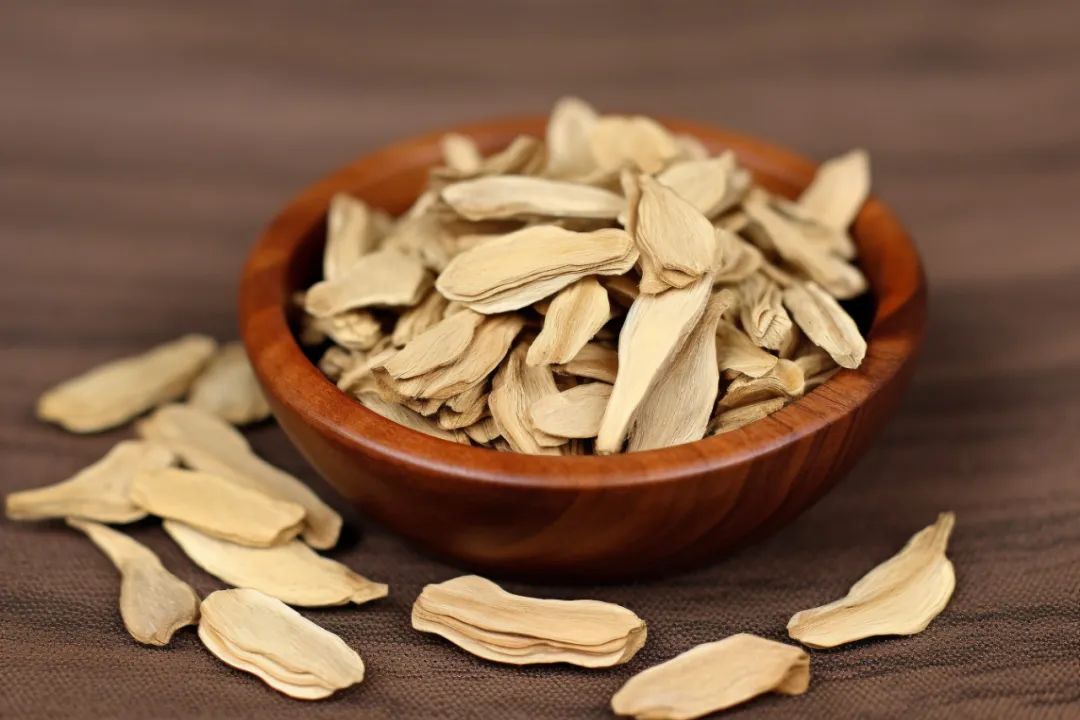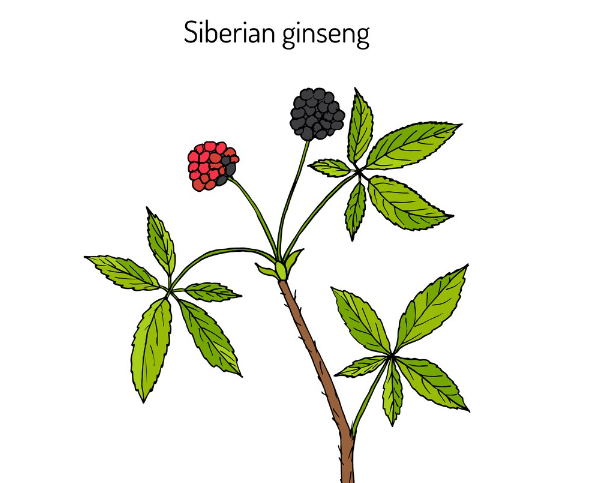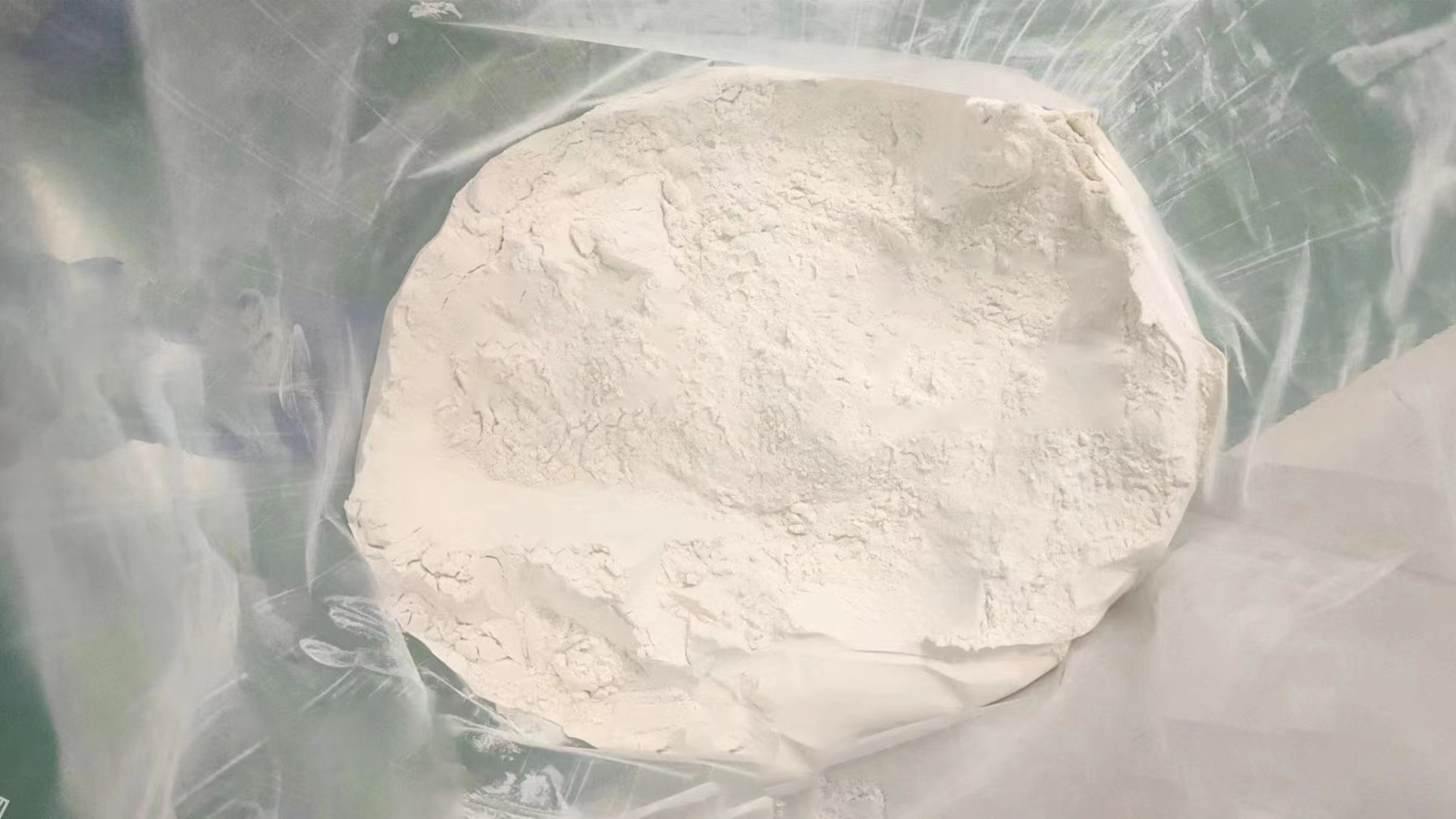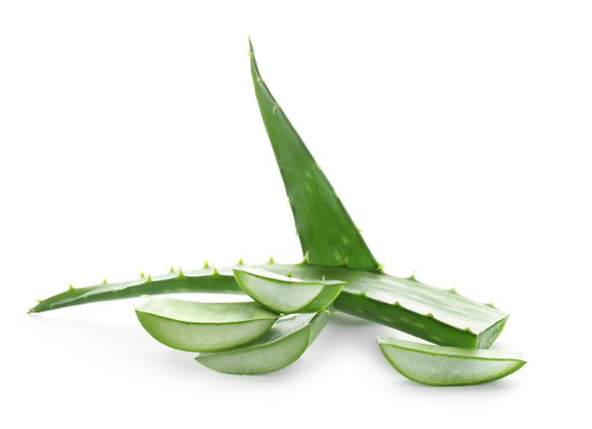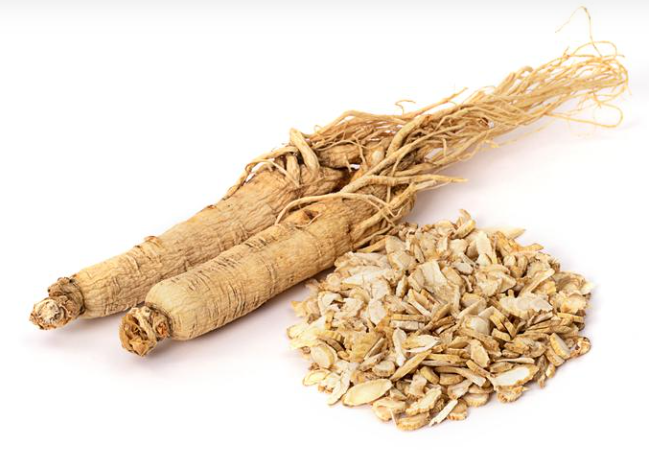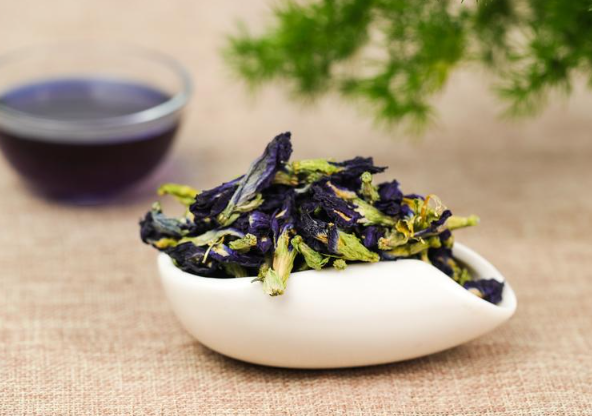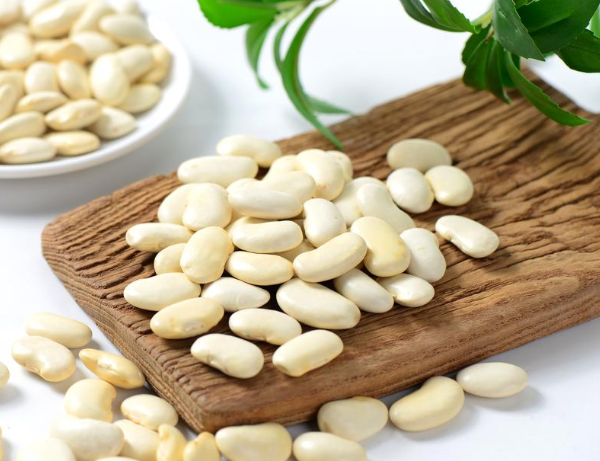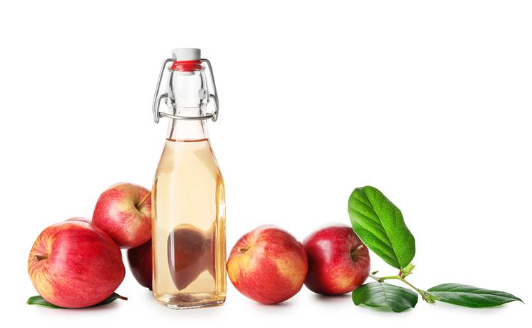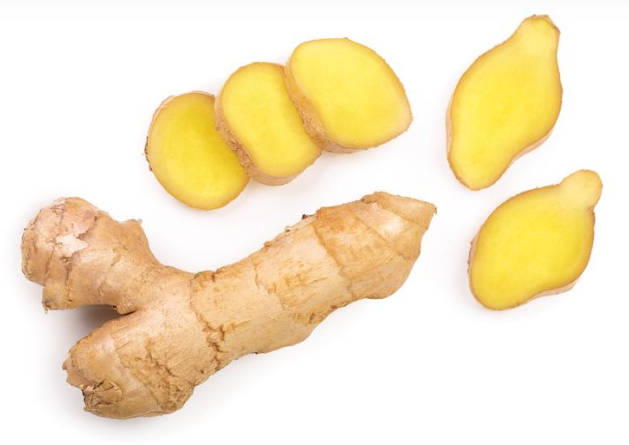In the cold Antarctic region, there is a small marine planktonic crustacean - Antarctic krill (Euphausia superba). The gregarious krill is distributed in a ring around the Antarctic continent. The low-temperature enzymes and anticoagulants contained in the body make it It can survive in low temperature waters.
The special growth environment and the habit of feeding on natural algae make Antarctic krill carry the label of "pure and pollution-free". , EPA), astaxanthin and other ingredients have been widely proven to have the effects of preventing cardiovascular diseases, promoting brain development, and delaying aging.
According to QYResearch data, the global krill oil market is expected to grow from US$402.7 million in 2022 to US$753.4 million in 2029. With the deepening of research and rising market enthusiasm, the number of companies with fishing qualifications has gradually increased, and krill oil has become another "deep-sea gift" that has attracted much attention after fish oil.
Antarctic krill, the whole body is "treasure"
Fr Commission for the Conservation of Antarctic Living Resources (CCAMLR) official website
The body length of Antarctic krill is about 3-6cm, and the whole body is almost transparent. There are spherical light emitters at the base of the eyestalk, the head, both sides of the chest and the abdomen, which can emit phosphorescence like fireflies.
Freshly caught Antarctic krill mainly contains 11.9%-15.4% protein, 0.5%-3.6% lipid, 3% ash, 2% chitin and carbohydrates, and 77.9%-83.1% water, with typical high protein, Low fat, rich in minerals and other characteristics.
1) protein
Antarctic krill muscle is rich in protein, which can account for 16.31% of the wet weight. There are 18 kinds of amino acids in protein hydrolyzate, 8 of which are essential amino acids for human body.
2) Lipids
The lipids of Antarctic krill meal are mainly triglycerides (41.92%), phospholipids (33.16%) and free fatty acids (17.61%)
Phospholipids are the main components of human cell membranes. When the hydrophobic ends of phospholipids are connected with eicosapentaenoic acid (EPA) and docosahexaenoic acid (DHA), the probability of functional molecules entering the cell membrane can be greatly increased, and the bioavailability.
EPA can reduce blood cholesterol and triglyceride content, reduce blood viscosity; DHA is an important element to maintain the growth of nervous system cells, and is also an important component of the brain and retina.
3) Minerals
Antarctic krill is also rich in mineral elements. The dry sample contains calcium 1334.7mg/100g, phosphorus 1415.17mg/100g, magnesium 333.20mg/100g, selenium 340μg/100g, etc.
It is worth mentioning that, as an important mineral element in the human body, selenium comes almost entirely from food. The Chinese Nutrition Society recommends that the daily intake of selenium for adults is 100-240 μg, and Antarctic krill can be used as a good source of selenium.
4) Active ingredients
Enzymes: The digestive enzymes contained in Antarctic krill can efficiently and quickly degrade various proteins and polysaccharides, and they still have hydrolytic activity even at lower temperatures. Among them, krill protease can still be stored at 45°C for 60 days 40% activity;
Mycosporin-like amino acids (MAAs): This substance has the function of absorbing ultraviolet radiation and reducing the damage of cells by UVR. MAAs obtained from algae food can exist in Antarctic krill for about 35 days;
Astaxanthin: Astaxanthin has antioxidant activity, and its ability to scavenge free radicals is more than 10 times that of β-carotene. The astaxanthin contained in Antarctic krill is mainly in the crustacean, about 3-4mg/100g;
Chitin: Chitin, also known as chitin and chitin, can strengthen immune function, lower cholesterol, regulate blood sugar, etc. There is a large amount of chitin in the carapace of Antarctic krill, and the shrimp shell is thin and easy to extract.
Antarctic krill oil market application
Krill Oil Softgel
Small Antarctic krill can be described as a natural nutrient bank, and its nutrients are widely used in food, health products, cosmetics and other fields. For dietary supplements, normally its using as softgel, with below functions:
1) Improve hyperlipidemia
Hyperlipidemia is one of the important causes of "atherosclerosis". Epidemiological investigations have proved that reducing excessive blood lipid and lipid peroxide content through food ingredients or drugs can prevent and alleviate atherosclerosis. occurrence and development.
Antarctic krill oil is rich in Omega-3 components such as EPA and DHA, which can effectively inhibit platelet aggregation in the blood, stimulate the activity of cells in the inner wall of blood vessels, block the adhesion of monocytes, and thus slow down the process of arteriosclerosis.
2) Improve brain health
Fat makes up 60 % (dry weight) of the human brain and the vast majority is polyunsaturated fatty acids. Animal experiments and human clinical experiments have shown that Omega-3 polyunsaturated fatty acids in Antarctic krill oil can protect brain health. DHA and EPA have positive effects on children with ADHD, dyskinesia, and dyslexia, and help regulate emotions. , Improve brain health.
3) Relieve exercise fatigue
Based on the fact that Omega-3 fatty acids have been widely used in the field of sports nutrition, the comprehensive components of Antarctic krill oil can more effectively improve the absorption rate and bioavailability of nutrients. Therefore, Antarctic krill oil has been used to supplement the sports performance of athletes.
The post-exercise antioxidant capacity of the body is an important factor affecting recovery from exercise fatigue. A moderate increase in anti-oxidative capacity can promote post-exercise recovery. Antarctic krill oil can significantly increase plasma total antioxidant capacity (T-AOC) and improve high-intensity exercise oxidative stress and muscle damage.
4) Protect eyesight
The human retina is composed of DHA-rich photoreceptors. The Omega-3 fatty acids and astaxanthin in Antarctic krill oil can prevent retinal inflammation, damage and oxidation. Take Dr. Sapphire's "Lutein Esters Antarctic Krill Oil Gel Candy" as an example. In addition to Antarctic krill oil, lutein esters extracted from organic marigolds and blueberry anthocyanins are added to promote vision protection .
5) Nutritional supplements for vegetarians
The content of Omega-3 fatty acids in the body of people who adhere to a vegetarian diet for a long time is low. When the Omega-3 index (that is, the ratio of the sum of EPA and DHA in red blood cells to the total fatty acids) is lower than 4%, it will accelerate aging and increase the risk of cardiovascular diseases, The risk of arthritis, vegetarians who refuse to eat fish and seafood can take krill oil to maintain health based on health considerations.
Reference:
[1]Sun Lei, Zhou Deqing, Sheng Xiaofeng. Nutritional evaluation and safety research of Antarctic krill[J]. Marine Fisheries Research, 2008, 29(2):57-64.
[2] Sun Lei, Zhou Deqing, Sheng Xiaofeng. Nutritional evaluation and safety research of Antarctic krill [J]. Marine Fisheries Research, 2008, 29(2): 57-64.
[3] BUSTOS R O, ROMO C R, HEALY M G. Purification of trypsin-like enzymes from Antarctic krill processing wastewater[J]. Process Biochemistry, 1999, 35: 327-333.
[4]NEWMAN S J, DUNLAP W C, NICOL S, et al. Antarctic krill (Euphausia superba) acquire a UV- absorbing mycosporine-like amino acid from dietary algae[J]. Journal of Experimental Marine Biology and Ecology, 2000, 255: 93-110.
[5]Kidd PM. Omega -3 DHA and EPA for cognition, behavior, and mood: clinical findings and structural-functional synergies with cell membrane phospholipids[J]. Alternative Therapied in Health and Medicine, 2007,12:207-227
[6] Zhu Zihao, Research on the refinement of Antarctic krill oil and its capsule products, 2019.05
[7]Fontani G, Corradeschi F, Felici A, et al. Cognitive and physiologi-cal effects of Omega-3 polyunsaturated fatty acid supplementation in healthy subjects[J]. European Journal of Clinical Investigation, 2005, 35:691-699
[8]Chen, S., He, Q., Yang, J., Huang, X., Shi, L., & Wu, Y. (2022). Antarctic krill oil on aerobic metabolism and anti-fatigue of long-distance runners Effects on capacity. China Oils and Fats, 47(11), 16–24. https://doi.org/10.19902/j.cnki.zgyz.1003-7969.2021.03.100.
[9] Zhu Guoping, Wu Qiang, Feng Chunlei, et al. Age structure analysis of Antarctic krill population in the northern waters of the Antarctic Peninsula based on fishery survey. Journal of Ecology, 2011, 31(16):4620-4627.







